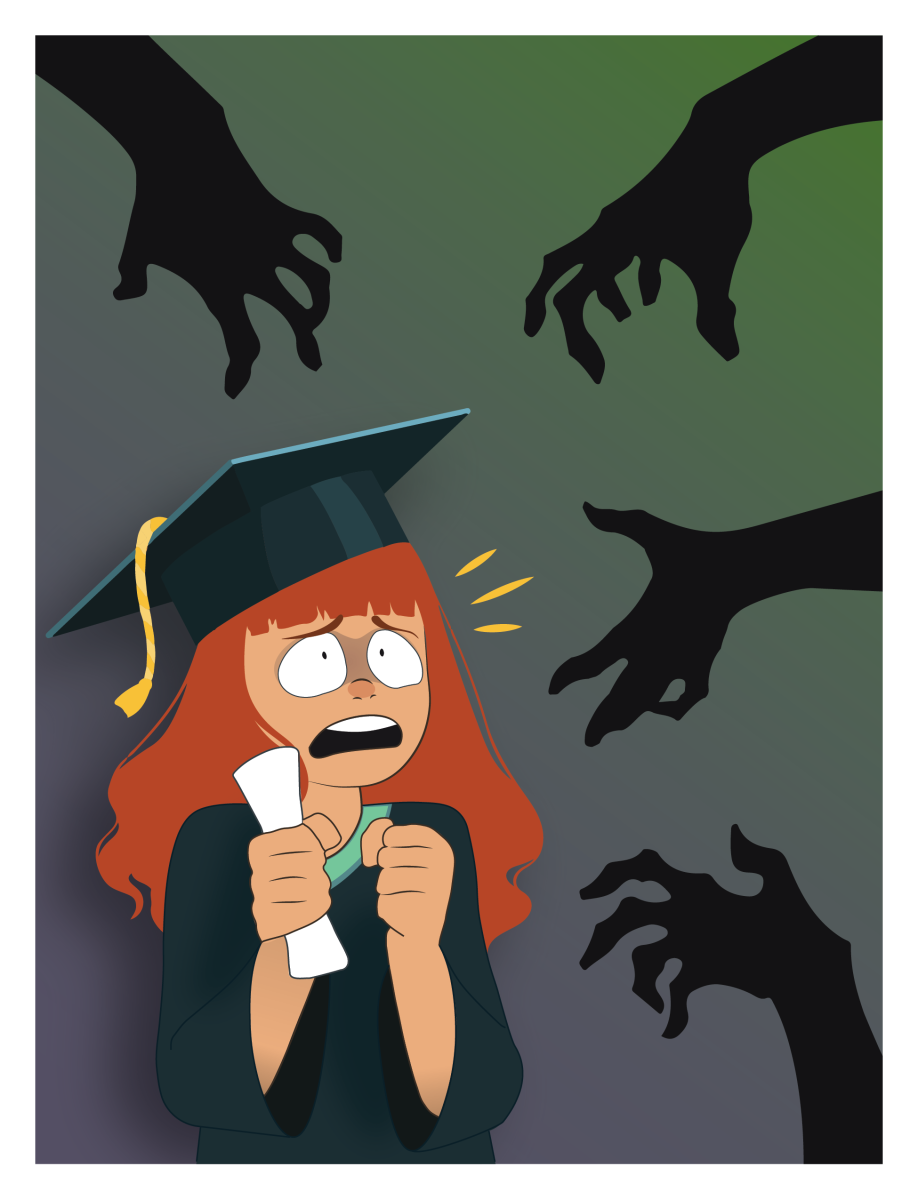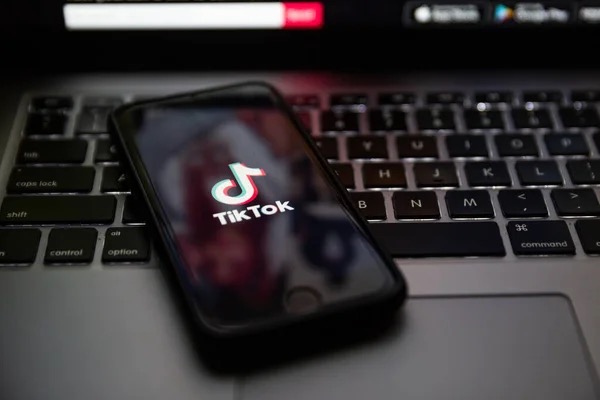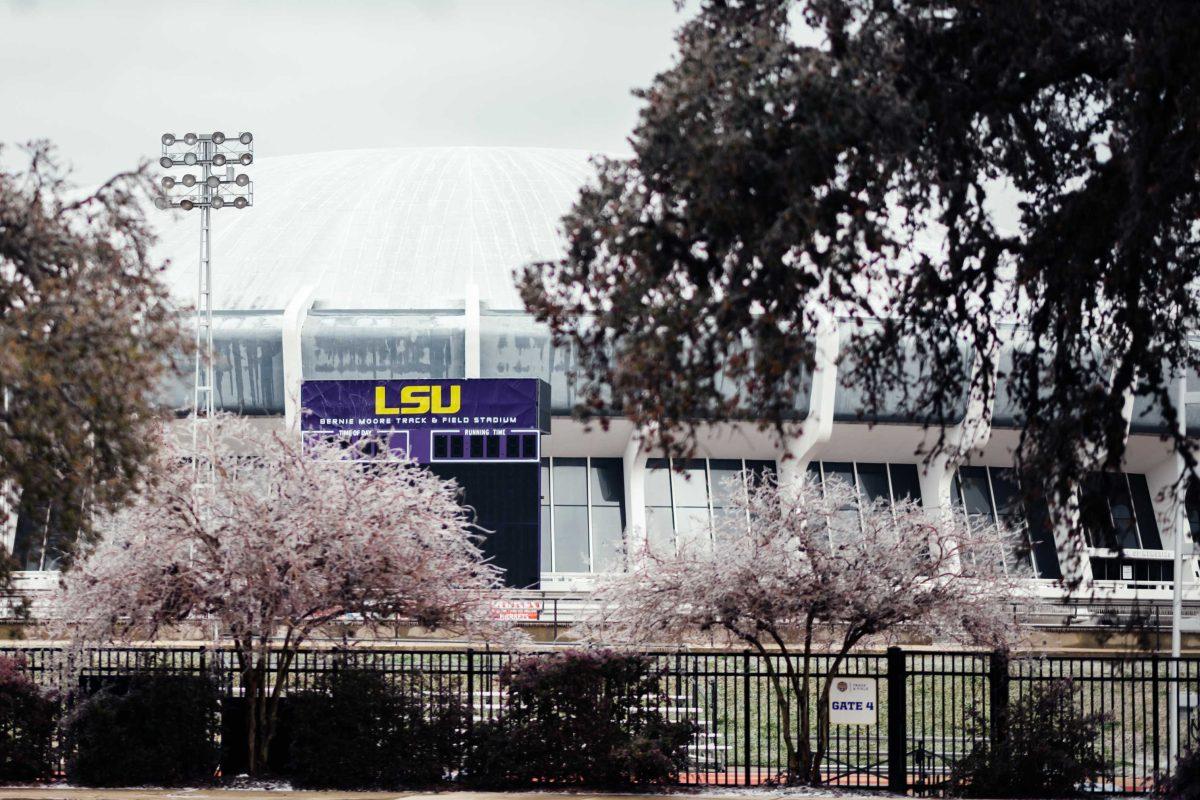If you’re a student at LSU, you’re most likely receiving some type of financial aid. The University provides financial assistance to 93% of students, according to Prep Scholar. That number is 7% higher than the national average. Many LSU students don’t take out loans since the University aims to cover students’ tuition based on their parents’ financial information.
However, this wasn’t the case for LSU biology student Maria Castellanos.
Castellanos came to the U.S. from Colombia when she was 15 and didn’t have access to her parents’ financial information. Because she was unable to receive the necessary amount of financial aid from LSU, Castellanos took out student loans and began working more to pay for her living expenses.
Castellanos said her father helped with some of her financial burden her first two years at LSU and she also had savings she was using to help pay for tuition and living expenses. When that money was exhausted, she was forced to take out loans and start working more during the week.
“Once my dad wasn’t able to help me anymore, things got a little more expensive and living here in Baton Rouge, I had to pay rent and all that stuff,” Castellanos said. “I had to start taking loans to help me with the financial load during the semester so I could focus in school.”
There are currently 45 million Americans who collectively owe almost $1.6 trillion in student loan debt, which is now the second highest consumer debt category in the U.S. behind mortgage debt only.
In Louisiana, 48% of college students take out student loans and the average graduate will leave school $25,512 in debt. LSU’s numbers were below the state average, with 44% of LSU students leaving the University with student loan debt and the average graduate leaving with $24,851, according to the Institute for College Access and Success.
Castellanos was supposed to graduate in 2019, but her financial situation forced her to become a part-time student during the spring of her junior year so she could work enough during the week to pay for living expenses and begin monthly payments on her student loans.
“I’m only doing part time because I have to work at least 20-35 hours a week. That way, I can pay for my expenses, and I can also pay some of my loans,” Castellanos said. “I had to delay my graduation for maybe two more semesters because I want to be able to finish, but at the same time, I want to be able to pay some of that stuff ahead of time instead of having to pile up interest in student loans.”
Most private student loan lenders don’t require students to make student loan payments while in school. Some students qualify for subsidized direct loans, which don’t require interest until after graduation.
Unsubsidized loans accrue interest from the day the student loan is disbursed, meaning students will graduate with a loan balance higher than what they took out.
Castellenos said she is trying to pay off as much as she can before she graduates.
“Sometimes (the monthly payment) doesn’t happen, and I can’t pay ahead of time, so that’s stressful because whatever you’re not able to pay in school is going to increase in the interest rate when you get out,” Castellanos said.
In the spring of 2020, Castellanos planned to become a full-time student again, but the COVID-19 pandemic made keeping up with online classes and work difficult.
“A load that could have been done in a semester and a half, I had to spread out into three semesters because of COVID. I know myself and I know the online structure, especially for biology, is extremely tough,” Castellanos said. “I knew I wasn’t going to be able to keep up with that and keep up with work and I wasn’t going to be able to keep up with myself. It’s a lot to think about. I have had problems with stress and mental health before, and I don’t want to go back to that.”
Castellanos was unable to take summer classes because she was making less money during quarantine and had to work all summer. Castellanos said she’s still trying to make up for the financial strain caused by the pandemic.
“During summer, I just worked, I didn’t even take a break,” Castellenos said. “I think I had two days off for vacation. I had to save enough money to not worry too much in the fall semester.”
President Trump’s executive order and the CARES Act enacted in the wake of the coronavirus pandemic provided relief to borrowers by pausing federal student loan payments, stopping the accrual of student loan interest for federal student loans and stopping the collection of federal student loans in default.
However, these changes are temporary and are scheduled to come to an end on Dec. 31.
Castellanos said she wants to go to graduate school, but the idea of having to take out even more loans for grad school is scary.
“I’m so afraid of taking even more loans,” Castellanos said. “It’s a lot of stress balancing the payment you have to make every month and your living expenses. It is very overwhelming. It’s something that hangs in the back of your mind. You have to constantly think about that.”
Despite the stress brought on by her student loan debt, Castellanos said the financial sacrifice is worth her getting an education.
“The way I see it, nowadays you have to pay a price for whatever you get,” Castellanos said. “I knew that I wanted to go to college. I knew that my experience going to college would be a gamble because not only was I on my own financially but nobody in my family knew how to teach me what to do.”
Castellanos said that it’s difficult for people to find success without debt unless they start off wealthy.
Bachelor’s degree holders will earn about $32,000 more annually than those with just a high school diploma, and the earnings gap between college
graduates and those with less education continues to widen, according to the Lumina Foundation and the Pew Research Center.
Still, signs have emerged that the economic benefits of college may be diminishing, according to the Federal Reserve Bank of St. Louis.
“Despite large income and wealth advantages enjoyed on average by families with a head with a bachelor’s degree or higher over families with a head without a postsecondary degree, recent cohorts of college graduates appear to be faring less well than previous generations,” the Federal Reserve Bank paper read.
The researchers pointed to the rising cost of higher education as one explanation for this trend. The rising cost of attending
college and consequently student loan debt — while not reducing college graduates’ incomes — would reduce their wealth, at least early in life.
LSU finance professor Lewis Kilbourne said that while he wouldn’t describe the current student debt situation as a crisis, it’s a problem he could see getting worse.
The default rate on student loans slightly decreased to around 10% in 2019.
“It’s not a small number, but I don’t think it’s a crisis — I think it can become a crisis,” Kilbourne said.
Kilbourne said most student loan repayment programs allow graduates to pay off their loans in a timely manner, and there are a lot of alternatives before a student would go into default.
He also said the “overhang” of student loans on graduates could be harmful for the economy.
“It is a problem and it’s no help to the economy to have these loans in default for students who would [otherwise] become consumers or customers for somebody,” Kilbourne said. “It’s in the benefit of the government and the economy to provide some forbearance on these loans.”
“It’s an overhang on potential educated customers who can join the economy as a taxpayer with the possibility of a higher income and becoming better off as a result of their education.”
‘It’s something that hangs in the back of your mind’: LSU students struggle with student loan debt
By Josh Archote
October 29, 2020







